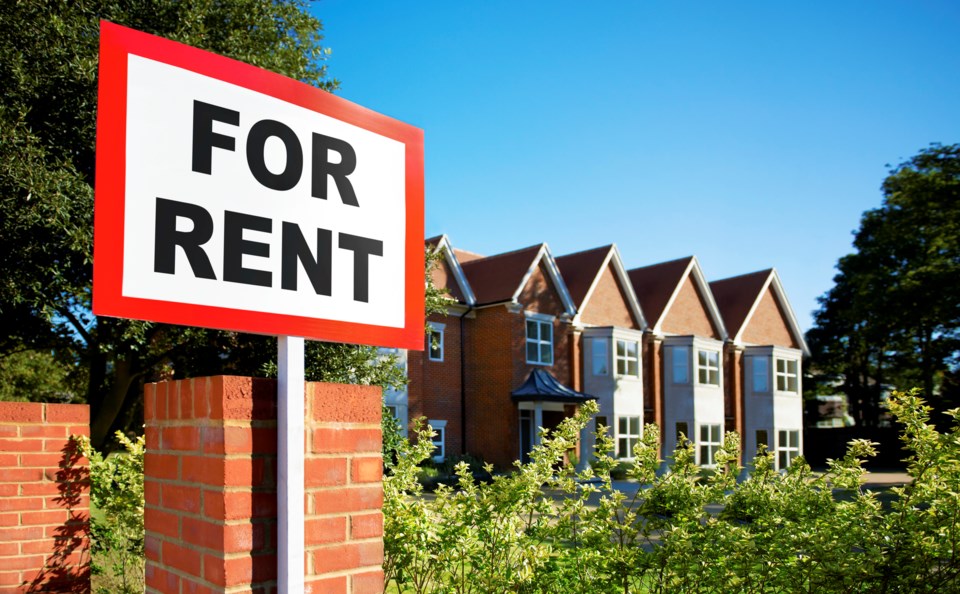Last week provided the first major example of what the BC NDP government intends to do with the roughly $6 billion surplus it is sitting on.
Premier David Eby announced the creation of a new $500 million Rental Protection Fund aimed at protecting renters and preserving rental homes.
Now, a half billion dollars is an enormous amount of money, but the government’s financial pockets are so deep right now it can afford it.
The last quarterly financial update projected the budget surplus for the current fiscal year to be more than $5.7 billion. On top of that is a $300 million forecast allowance that likely won’t be used plus more than $2 billion in contingencies and unallocated spending.
By provincial law, any excess revenue not spent by the end of the fiscal year, which is March 31, is applied to pay down taxpayer-supported provincial debt (expected to reach $62 billion this year).
While fiscal conservatives may laud paying down the debt, it doesn’t provide a government much a political bang for your buck.
Just ask the BC Liberals about that point. As I have noted here before, the BC Liberal government opted to take a $2.5 billion surplus and apply it against the accumulated debt, rather than spend a chunk of it on giving people something back to ease affordability problems.
This occurred just before the 2017 election campaign, in which the BC NDP famously promised to scrap the bridge tolls across the Fraser River, an example of returning money to people. As a result, the BC Liberals were denied a majority win and eventually were toppled from power.
Back to this new $500 million fund.
There are not a lot of details about it yet. It will be operated by an independent board, and it is a one-time bit of funding, so it won’t necessarily be re-established every year.
It is also unclear how big an impact the fund will have on the rental situation. Eby says “thousands” of renters will be protected from eviction if a corporation buys a housing complex and wants to forcibly evict people, but he was unable to provide a more precise figure.
The fund will allow non-profit agencies to access capital to protect existing, older housing facilities. But again, no details have been provided on exactly how that will work.
And how far does $500 million even go when it comes to Metro Vancouver’s still-hot housing market? That’s a question raised by BC Liberal housing critic Karin Kirkpatrick, who doubts this will make much of a dent in the overall scheme of things.
Finally, no business plan for the fund or its operators has been released yet.
Still, it’s probably worth it for the government to take a shot here. Why not throw something at the housing affordability wall and see if it sticks?
More housing announcements await, although Eby says B.C. is not ready yet to match Quebec’s “first refusal” law for non-profits to head the line when it comes to purchases.
And there will likely be more spending announcements flowing from that massive surplus.
I’ve speculated before what shape they could take ― one-time grants for non-profits and community organizations, research and development etc.
The government has a little more than two months to kick a lot more dollars out the door. Stay tuned.
Keith Baldrey is chief political reporter for Global B.C.




.jpg;w=120;h=80;mode=crop)